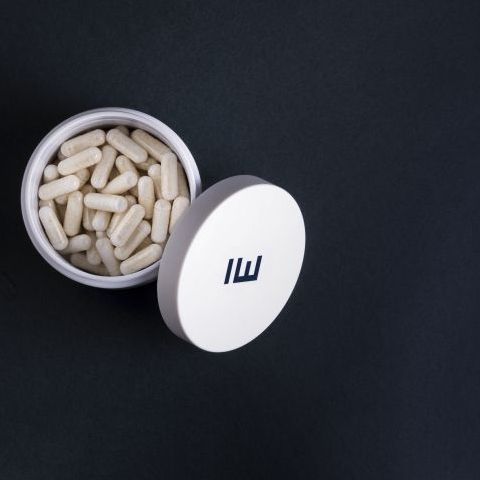Get the latest international news and world events from around the world.

These boots can help you reach outrageous speeds
Meet Bionic Boots.
Elon Musk’s $27m ‘Matrix’ plan to plug the human brain into a computer revealed
Neuralink is working to link the human brain with a machine interface by creating micron-sized devices.
He said creating a brain-machine interface will be vital to help humans compete with the ‘godlike’ robots of the future.
Neuralink was registered in California as a ‘medical research’ company last July, and he plans on funding the company mostly by himself.
With the USS McCain collision, even Navy tech can’t overcome human shortcomings
With the USS McCain collision, even Navy tech can’t overcome human shortcomings.
One mistake can cascade into a disaster in heavy marine traffic, regardless of tech.
Following the lead of companies like Amazon and Google, commercial interest in artificial intelligence is skyrocketing
So we investigated 3 questions about artificial intelligence:
1. How are militaries around the world using AI?
2. What about AI worries the Pentagon?
3. Is AI dangerous?

How BioViva Uses Genetic Therapies to Fight Father Time
Good quick interview. Technical, and a mention that it’s not just about telomeres.
BioViva is looking for a way to slow aging. Globalive Chairman Anthony Lacavera talks to CEO Elizabeth Parrish, who is using herself as a test subject and claims to have seen some fascinating results. (Source: Bloomberg)

Major leap towards storing data at the molecular level
From smartphones to supercomputers, the growing need for smaller and more energy efficient devices has made higher density data storage one of the most important technological quests.
Now scientists at the University of Manchester have proved that storing data with a class of molecules known as single-molecule magnets is more feasible than previously thought.
The research, led by Dr David Mills and Dr Nicholas Chilton, from the School of Chemistry, is being published in Nature. It shows that magnetic hysteresis, a memory effect that is a prerequisite of any data storage, is possible in individual molecules at −213 °C. This is tantalisingly close to the temperature of liquid nitrogen (−196 °C).
